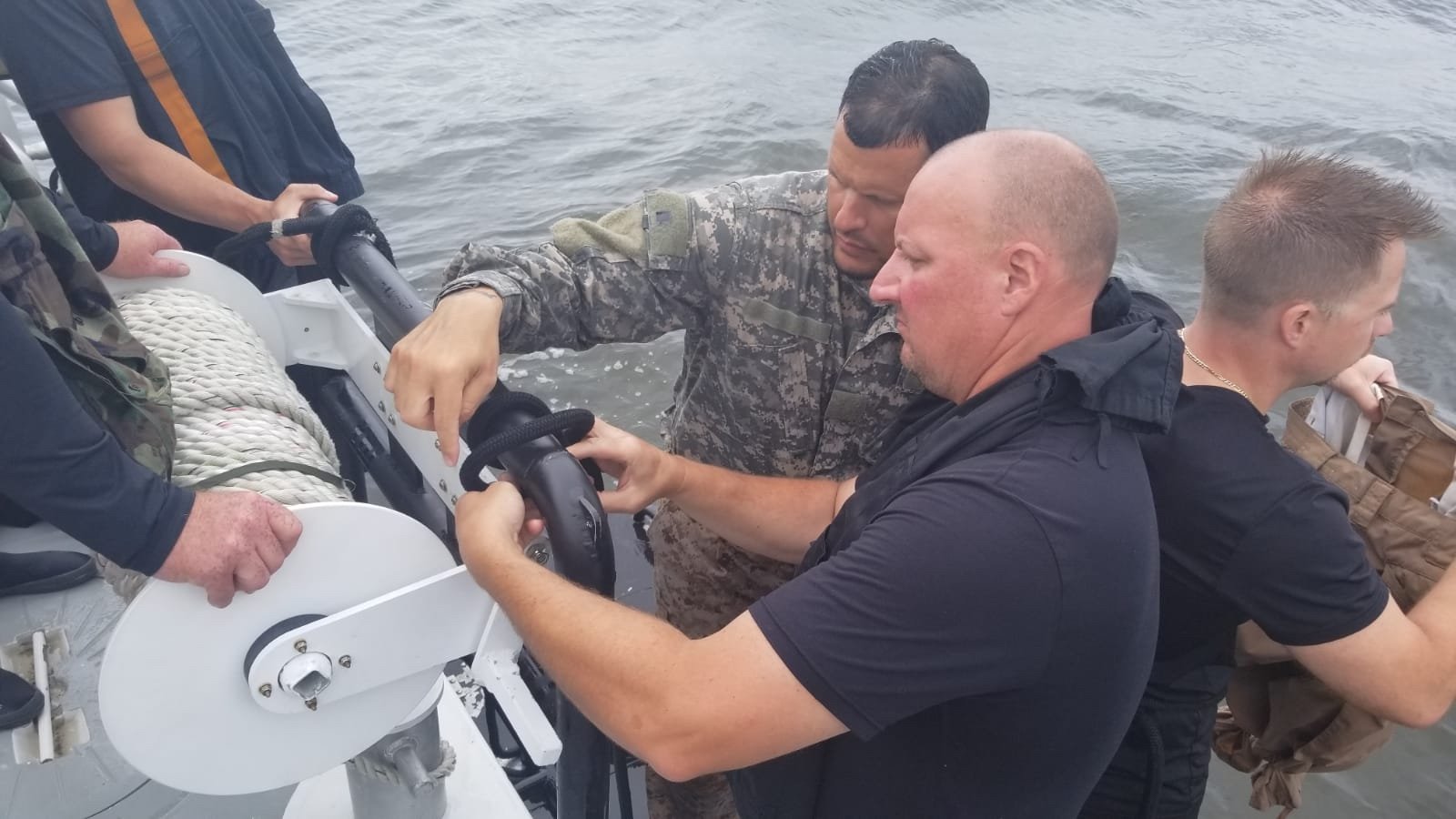Mentorship and Coaching: A new tool for recruiting and retaining law enforcement personnel.
/Mentorship and Coaching: A new tool for recruiting and retaining law enforcement personnel.
By: Ron Camacho
Almost all police departments across the United States have recruiting issues; many have trouble retaining their officers. Consequently, a new industry revolving around police recruiting was created by enterprising marketing executives who brought their expertise to policing through courses and conferences. Attendees of these events listen intently to the presenters hoping to learn that nugget of information that will solve their recruiting and retention needs. However, no magic bullet exists to solve our recruiting and retention issues. Law enforcement organizations are working with marketing firms, offering sign-on bonuses, using geo fencing advertising and other imaginative methods to attract quality candidates.One idea gaining traction is to develop a positive work culture through mentoring and coaching programs.
Recently, I spoke with a human resources director working for a hospital system and asked what the main reason employees gave for leaving their jobs was. Without hesitation, she said, “The employee had a bad relationship with their supervisor or management.”A lack of growth opportunities and advancement came in second, with a desire for a higher salary a distant third. These reasons are also mirrored in law enforcement. A respected professional colleague who works with police departments across Pennsylvania shared that his practice was seeing a mass exodus of officers from larger departments. Those officers took massive pay cuts to escape the harmful and toxic environments surrounding their former agencies. While police executives and supervisors do not have the authority to address salary demands, they can influence boss-to-employee relationships and limited growth opportunities. Creating a robust mentorship or coaching program is an effective way to achieve that goal.
Entrepreneur and podcaster Patrick Bet-David described a mentor as an inspirational person who saves you time and frustration in your career by sharing advice and guidance. Essentially, they provide a “cheat code” to follow on your way to a successful career. Mentors tell you about their mistakes and illustrate what happens when you step on a career “landmine.” More importantly, they share their success stories and lessons learned during their careers. Mentors freely share their knowledge with those who seek and understand its worth. It is up to the mentee to follow the mentor’s wise advice and make the correct career decisions.
It is always possible to find a mentor. I was in my early 40s when I found my first one and was fortunate enough to find another two to help me round out my professional well-being. I can say unequivocally that my career would have taken a downward spiral without the guidance of these important figures. Simply put, they changed my life. My mentors freely shared their wise words and vast experience with me. Their advice helped me rededicate myself to the craft of leadership. I followed their examples and took heed to avoid replicating their missteps. In their separate and unique ways, they each inspired me to push myself and strive for goals I did not think were possible. I now pay it forward by mentoring several police officers of all ranks, from rookies to chiefs. I take great pride in seeing their careers flourish and only ask that they also pay it forward when they can.
So, you may ask yourself, what does this have to do with recruiting and retention? As police leaders, we must invest more time and effort into developing our officers if we want to keep them. Additionally, to attract recruits, we must create an organizational culture that respects and cares for our troops by setting them up for success.Building a mentoring program or finding coaches for our officers is a start. Coaching addresses two reasons people leave an organization: lack of personal career growth and bad leaders. If we tackle these two areas, factors that we have the power and authority to influence, we can attract good candidates and keep officers from leaving the organization.
A coach is there to improve employee performance through a supportive process emphasizing trust and accountability. Unlike a mentor, a coach is not there to advise the employee but to help them discover a positive course of action. Coaches ask the right questions to help the employee gain self-awareness. This process often results in the employee seeing an issue they are working on from different viewpoints and developing positive solutions from within to solve the problem. Coaching fulfills the employee’s need for personal growth and helps build an individual’s leadership capacity. Happy, fulfilled employees who become better leaders, supervisors and managers sounds like the ideal environment every police executive wants to create within their agency.
Coaching has now entered the law enforcement profession with positive, tangible results. Companies like Performance Protocol (https://performance-protocol.com/) offer coaching services for police officers of all ranks. Officers can access hundreds of vetted, trained coaches with diverse and varied backgrounds. With how specialized policing has become, an officer can search the pool of talented coaches for one with shared experiences or interests. While the coaches come from different agencies and career paths, they all have one common goal:, to help officers reach their fullest potential in their careers and life. Coaching is the perfect strategy to build a positive, caring workplace culture. You provide a program that will improve officer excellence by developing the tools they need to think critically and problem-solve at a high level.
Coaching and mentorship programs can significantly enhance an organization’s recruiting efforts with the right marketing.The first step is to advertise how your organization, by prioritizing a future officer’s success, differs from other agencies. Additionally, implementing a coaching program demonstrates that your agency “talks the talk and walks the walk,” possessing the tools to support an officer’s fruitful and triumphant career. Coaching and mentoring also address the need for employee growth within the organization as well as improving the officer’s ability to lead. These positive and distinctive coaching and mentoring aspects should be prominently displayed in any departmental recruiting literature, website or video. Remember, we are all competing for the same recruits; highlighting your coaching or mentoring programs is the first step to attracting that quality candidate.
Coaching and mentoring programs are an enormous gift for the organization, officers and the community. Your organization has a tremendous marketing tool to recruit and retain officers. Present and future officers belong to an agency that cares about their careers and wants to see them succeed. Finally, the community benefits significantly with improved and motivated officers possessing the tools necessary to police in these challenging times effectively.
Chief Ron Camacho is an accomplished law enforcement executive who spent time as an advisor in Afghanistan and Mexico. He is a graduate of the FBI National Academy, has a master’s in criminal justice from Liberty University, and is the chief of the Chambersburg Pennsylvania Police Department. He is the owner of Camacho Consulting LLC, a leadership and management training company. Camachoconsulting.net










